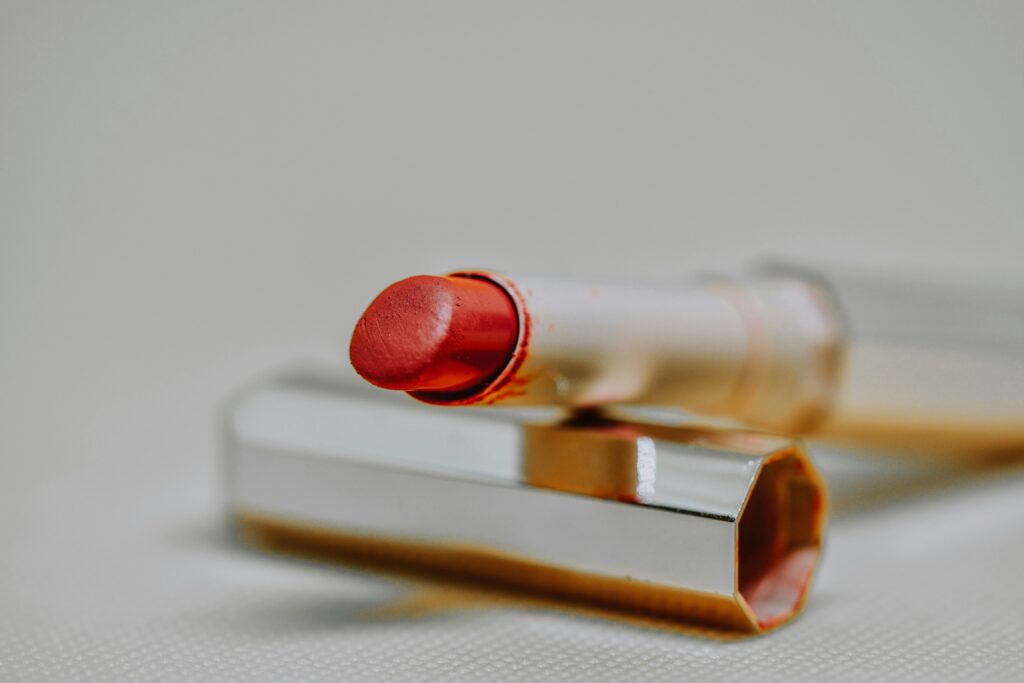
Honesty In Beauty: What Kylie Jenner’s Confession Says About The Industry’s Future
In a world where marketing often blurs the line between imitation and authenticity, honesty is finally trending after Kylie Jenner disclosed specific details of her breast augmentation. This move may reshape influencer-driven marketing.
On June 2, a TikTok user asked Jenner to share her “boob job” specs, and she promptly replied: “445 cc, moderate profile, half under the muscle!!! silicone!!! garth fisher!!!” Her disclosure included the exact implant size, placement, material and surgeon — information rarely shared so openly by celebrities.
It’s not Kylie’s first time admitting to going under the knife. In 2015, she denied getting lip fillers while launching lip kits that built her billion-dollar beauty empire, only to admit to having them a year later. And while some fans applauded the vulnerability, others are not buying it.
The Business of “Natural”
Kylie Jenner famously told Paper Magazine in 2019 that she hadn’t had “plastic surgery” and that “people think I fully went under the knife and completely reconstructed my face, which is completely false.” But over the years, the conversation shifted. Her lip filler became more than just a beauty decision. It became a brand. The launch of Kylie Cosmetics in 2015 was built on the signature lip look, amplified by her personal image and perpetuated through strategic marketing. Millions of young women bought into the fantasy, purchasing lip kits to emulate a look that, in truth, wasn’t completely natural.
And while there’s no shame in cosmetic enhancement, the silence around it felt disingenuous, especially in a culture where young audiences take cues from influencers they trust.
Now, nearly a decade later, Kylie’s confession feels like a step toward transparency. But it also raises a broader question: When does honesty count in an industry that profits from illusion?
Honesty as a Selling Point
In recent years, beauty marketing has leaned heavily into transparency. Brands like Glossier and Rare Beauty tout mental health awareness, “real skin” campaigns and influencer partnerships that celebrate individuality over airbrushed perfection. But consumers are smarter now. They want to know what’s real, what’s filtered, and what’s been surgically altered. They don’t just want to buy the product; they want to believe the person behind it.
That’s why Kylie’s delayed transparency lands in such a strange place. On one hand, her honesty is refreshing. She finally named what’s long been speculated and acknowledged the influence it may have had on young fans. On the other, she’s already reaped the full benefits of the myth. She built a billion-dollar company based on the idea that her body changes were thanks to push-up bras, butt-plumping creams and overlined lips.
This isn’t to say she owed the public full disclosure from the beginning. No one owes anyone access to their body decisions. But in a space where beauty is so directly tied to business, it’s fair to question how honesty intersects with strategy.
The Social Cost of Influence
Beauty is personal, but in 2024, it’s also political. When celebrities profit from aesthetics that they claim are natural, while privately enhancing those features, the damage isn’t just about self-esteem. It’s about misinformation.
For years, Kylie Jenner denied altering her appearance. By the time she admitted to fillers, the look had already become iconic. By the time she addressed her breast augmentation, her daughter was five.
Is the confession a sign of personal growth? Probably. Is it also a symptom of an industry that is finally being held accountable by its audience? Definitely.
Where Do We Go From Here?
The beauty industry is evolving. Gen Z doesn’t buy into perfection; they buy into relatability. They want beauty that feels attainable, and more importantly, truthful.
Kylie Jenner’s confession, while late, is part of a larger cultural shift. Consumers now expect influencers and founders to be upfront not just about ingredients, but about the procedures, filters and enhancements that shape the faces behind the brands.
Because if beauty is going to sell honesty, then it has to start being honest.
.



